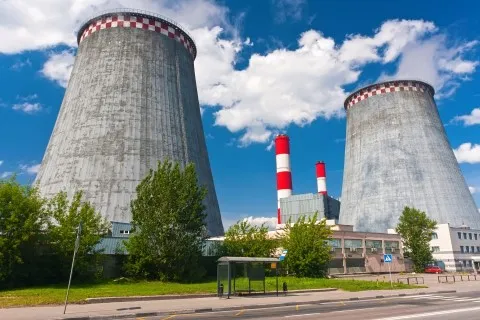
Japan's nuclear restarts hit another roadblock
The NRA has refused deadline extensions for three nuclear power plant operators.
Anti-terror upgrade requirements are projected to pose further risk to Japan’s ambitions to revive its nuclear industry, a report by Fitch Solutions revealed.
In April 2019, the Nuclear Regulation Authority (NRA) refused to extend the deadline for the installation of counterterrorism measures for Kyushu Electric Power Co., Kansai Electric Power Co. and Shikoku Electric Power Co., which has nine online nuclear reactors across five plants at present.

“The NRA’s tough stance on this issue posits additional risk to nuclear generation in Japan across the next decade, as these reactors will face going offline if they do not meet their existing deadlines, most of which are in 2020,” Fitch Solutions highlighted. According to the operators, massive construction work for these measures is likely to delay the installation.
Also read: Japan business group urges government to extend nuclear plant lifespans
Japan’s nuclear sector was previously expected to be unlikely to meet its government targets of 20-22% for nuclear share in the power generation mix by 2030 due to substantial hurdles for nuclear reactor restarts.
Despite continued government commitment to meeting these targets, Fitch Solutions added that substantial public opposition, lack of support from many local and regional governors, high costs of safety upgrades and more stringent security requirements will continue to challenge Japan’s push for nuclear restarts.
“For example, Kyushu Electric Power Co has abandoned plans to restart its No. 2 reactor in the Genkai facility due to high costs involved in securing the safety of the reactor. Reactor No. 3 and No. 4 also faces the risk of temporary injunctions from local residents after its restart in March 2018, due to operational challenges and concerns over its safety measures against the risk of volcanic eruptions,” Fitch Solutions commented.
At present, only nine out of the 37 reactors have restarted since the nuclear shutdown following the 2011 Fukushima accident, whilst seventeen reactors are in the process of seeking restart approval.
That said, Fitch Solutions only forecast a total of 12 nuclear reactors to be online by end-2028 given the industry’s hurdles. Therefore, this takes the share of nuclear power in the Japanese power mix to only slightly over 10% by the end of the forecast period.











 Advertise
Advertise











